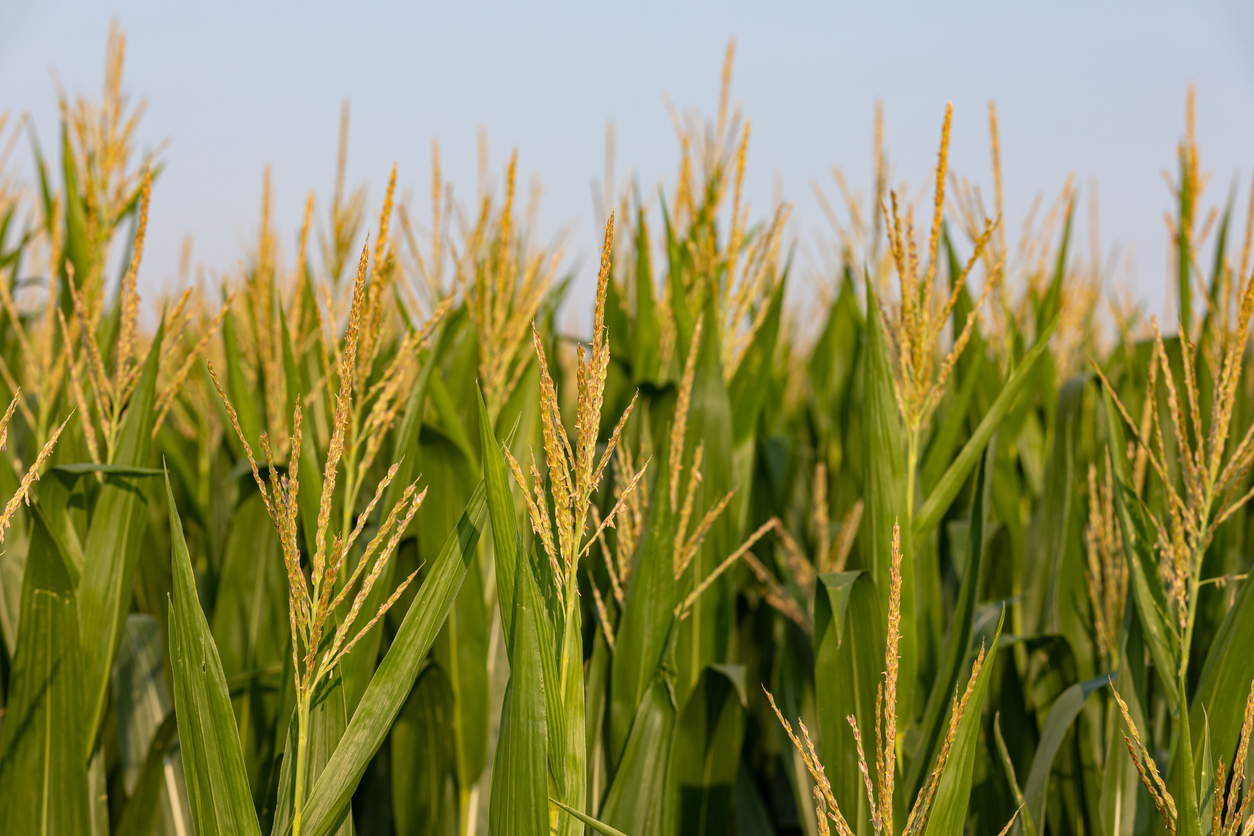
Enhancing Transformation of South Korean Maize Cultivar with CRISPR
April 30, 2025| |
Pusan National University (PNU) researchers reported a maize transformation technology for domestic use in South Korea. Their findings are published in the Journal of Environmental Science International.
Maize is one of the top-produced crops globally, along with wheat and rice. With the advent of gene editing tools, new methods are being proposed to easily and rapidly breed new varieties. Transformation methods for the introduction of CRISPR-Cas9 constructs for gene editing into maize have been developed and utilized in several Western countries, but in South Korea, no local research institutes have reported on Hi-II A/B cultivars. Thus, PNU researchers established a maize transformation using the Hi-II A/B cultivar in South Korea.
The research team engineered guide RNAs to target the promoter region of the maize WUSCHEL1 (ZmWUS1) gene. This gene encodes a homeobox transcription factor essential for maintaining the shoot apical meristem (SAM) and influencing crop productivity. They successfully introduced a confirmed CRISPR-Cas9 construct containing these guide RNAs into maize using Agrobacterium-mediated transformation. Subsequent sequencing analysis verified gene editing at the targeted promoter region. Notably, one of the resulting ZmWUS1 promoter mutations exhibited abnormal ear development.
The results of the study contribute to breeding new maize varieties domestically and revitalizing molecular biology and molecular genetics research on maize.
Read the research article for more findings.
| |
You might also like:
- South Korea Confirms Cultivation Safety of GM Potatoes
- GM Crop Events approved in South Korea
- South Korea Develops GM Crops for Future Use
Biotech Updates is a weekly newsletter of ISAAA, a not-for-profit organization. It is distributed for free to over 22,000 subscribers worldwide to inform them about the key developments in biosciences, especially in biotechnology. Your support will help us in our mission to feed the world with knowledge. You can help by donating as little as $10.
-
See more articles:
-
Gene Editing Supplement (April 30, 2025)
-
Research and Tools
- UCLA and UC Berkeley Scientists Develop Tiny CRISPR Tool for Faster, Simpler Plant Genome Editing
- INRS Researchers Discover New Tool for Cutting Single-stranded DNA
- Gene Editing Improves Oleic Acid and Stabilizes Bran Oil in Rice
- Enhancing Transformation of South Korean Maize Cultivar with CRISPR
-
Read the latest: - Biotech Updates (December 17, 2025)
- Gene Editing Supplement (December 17, 2025)
- Gene Drive Supplement (February 22, 2023)
-
Subscribe to BU: - Share
- Tweet

